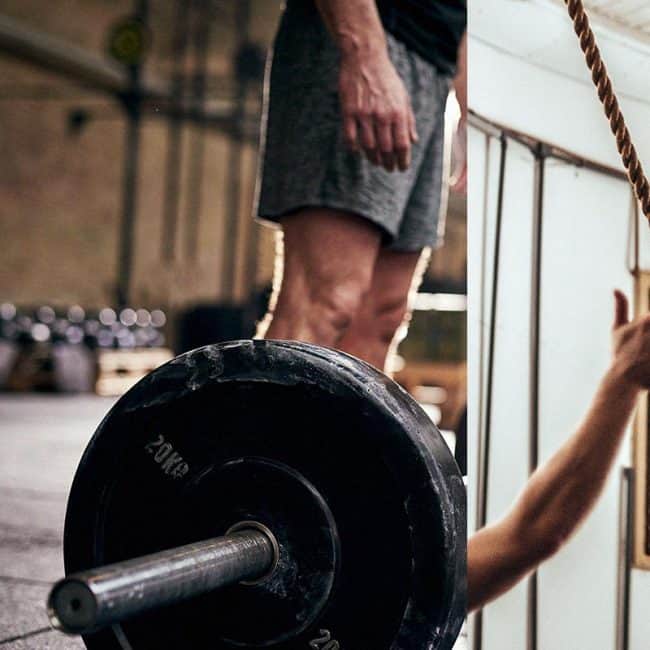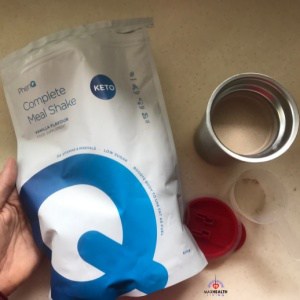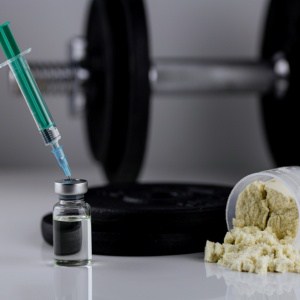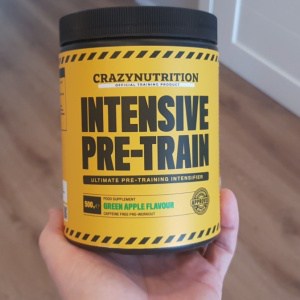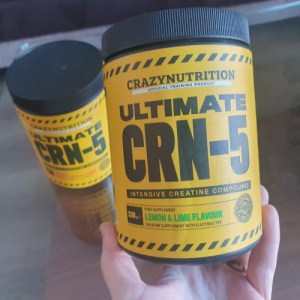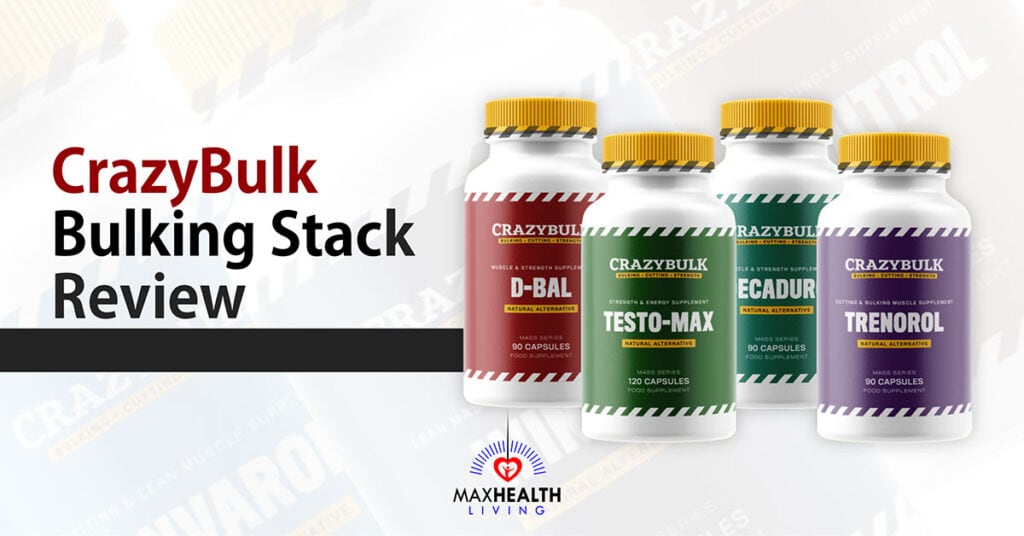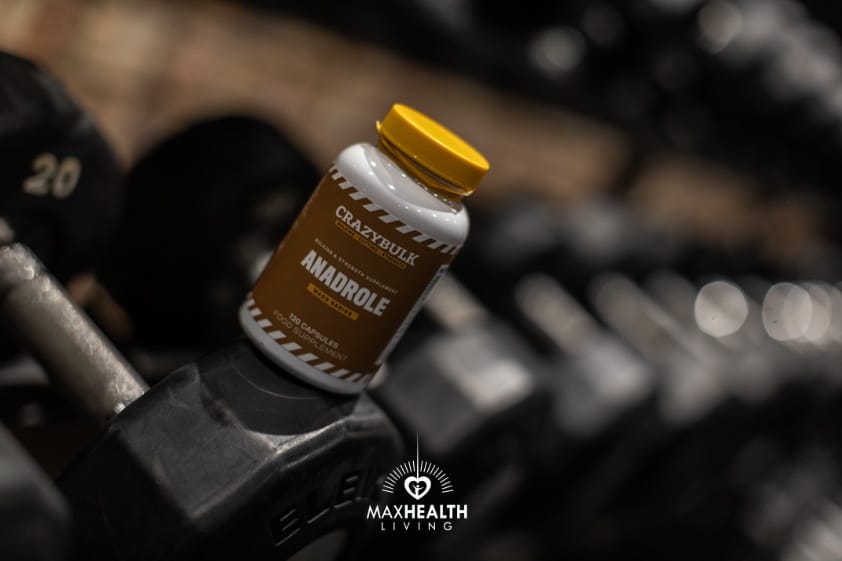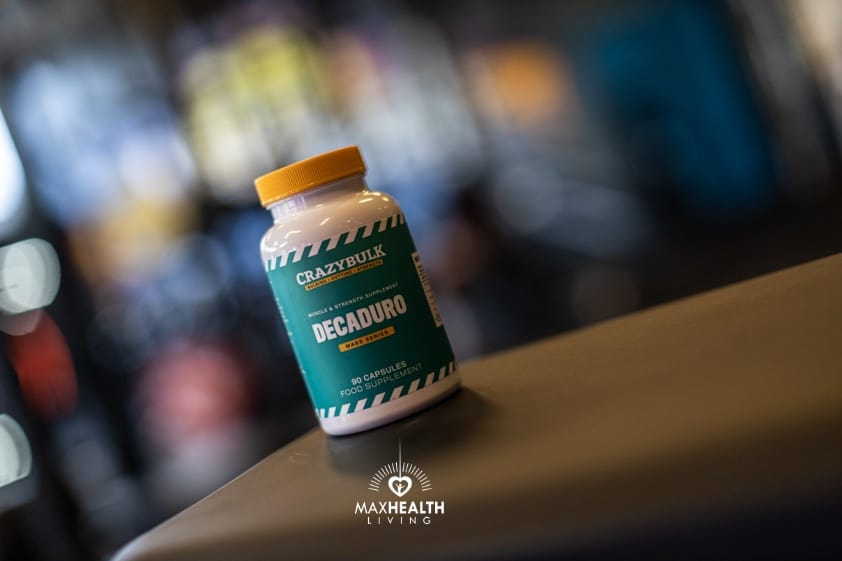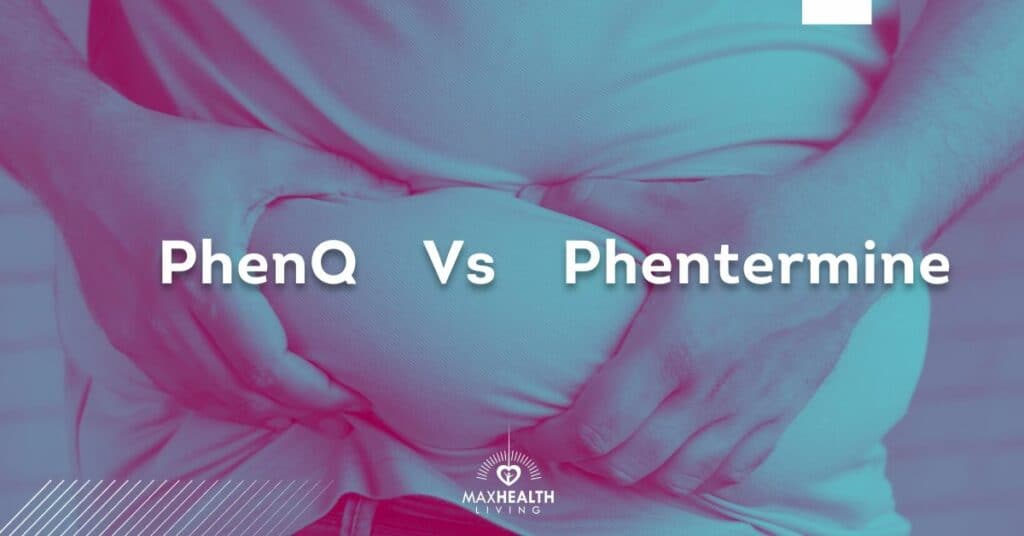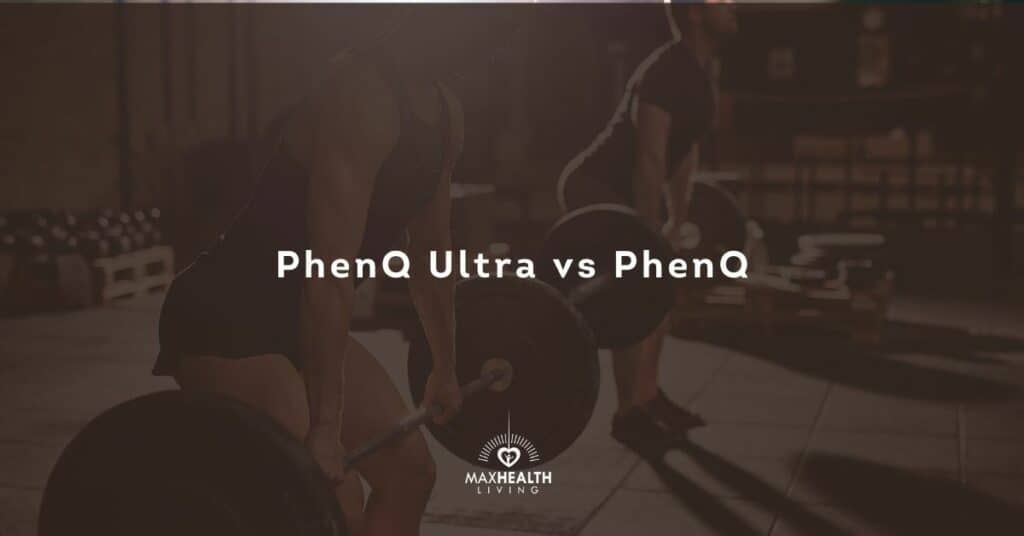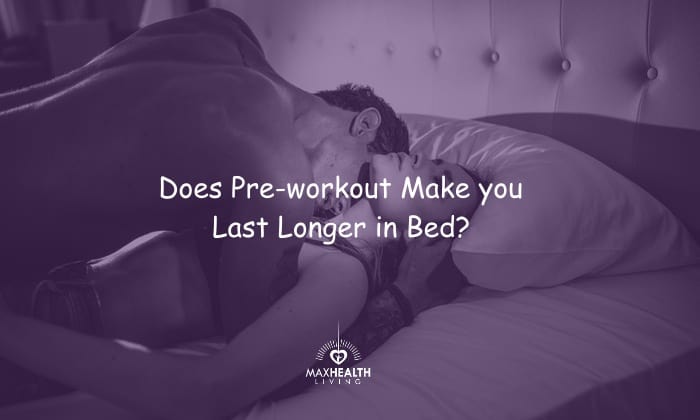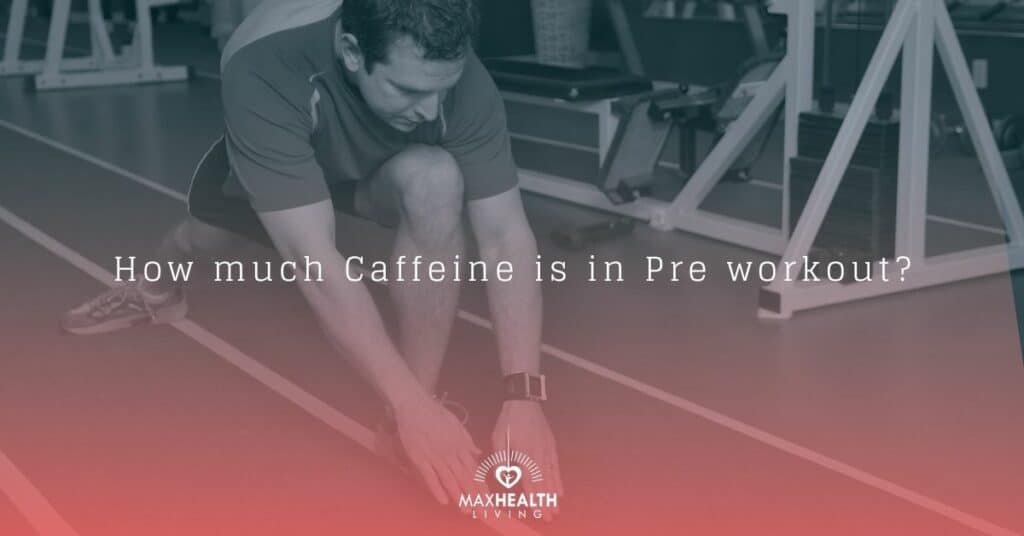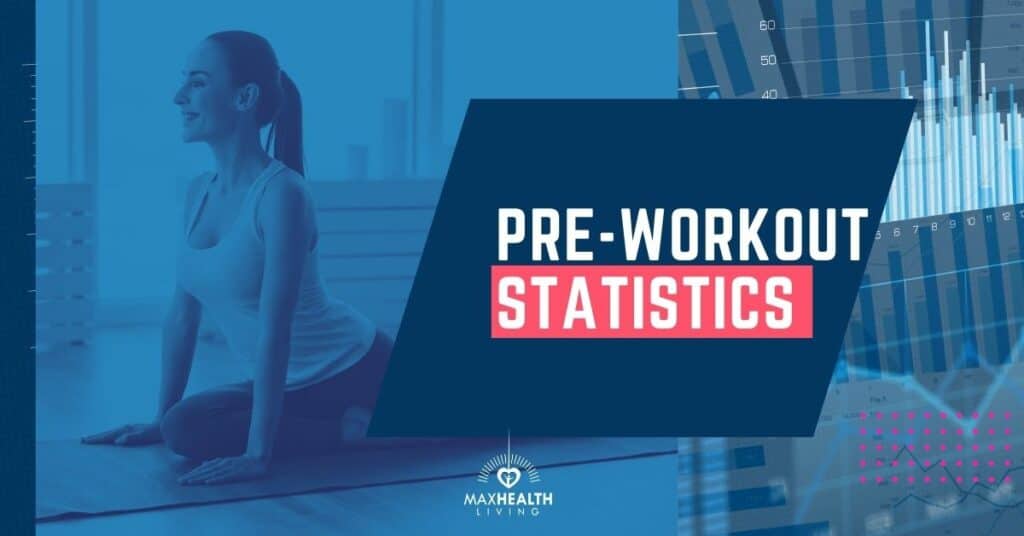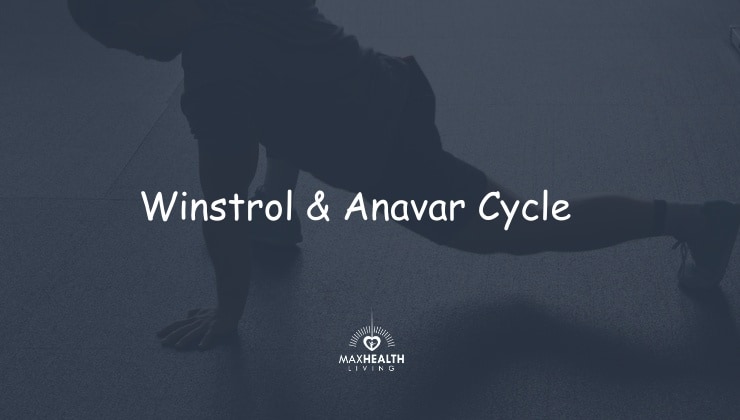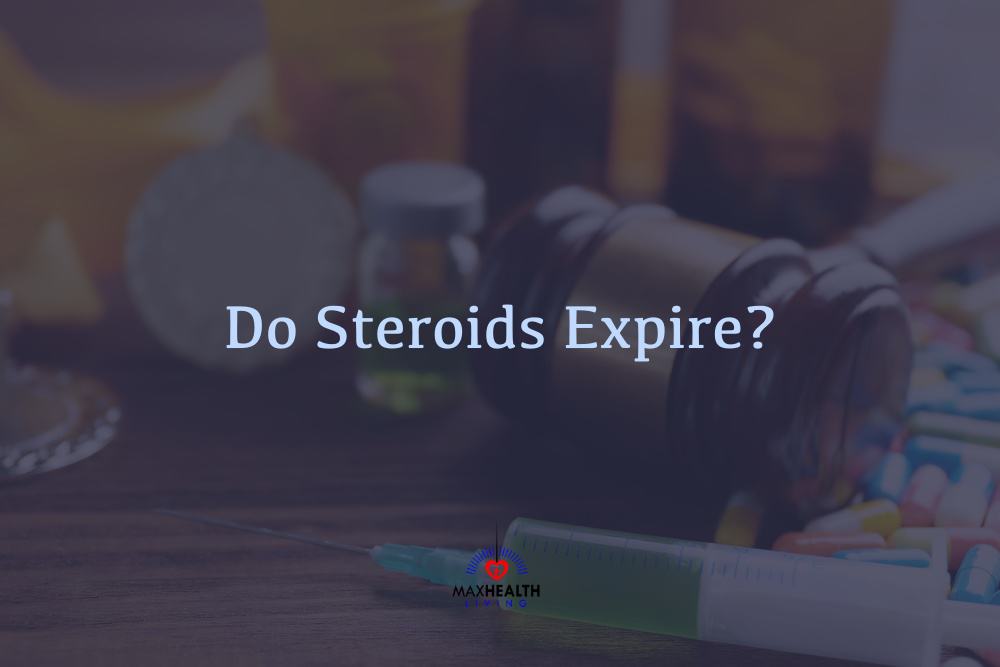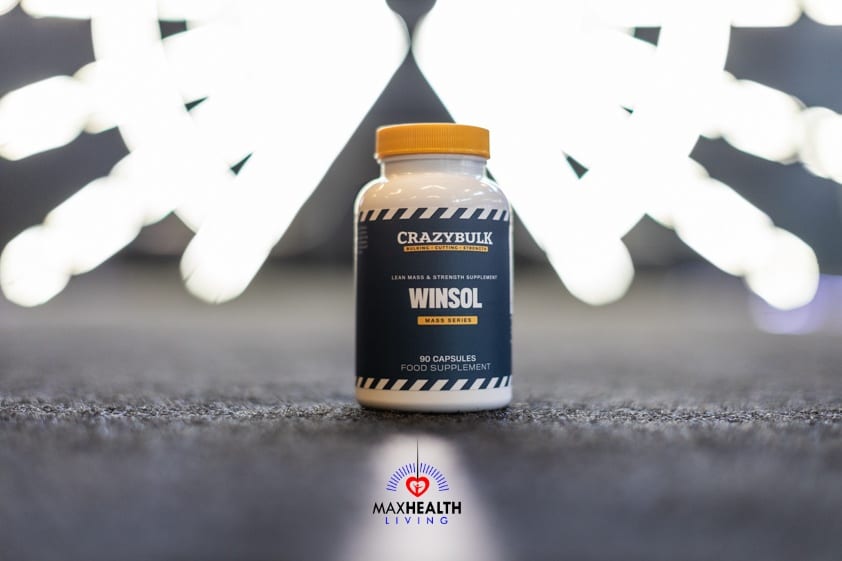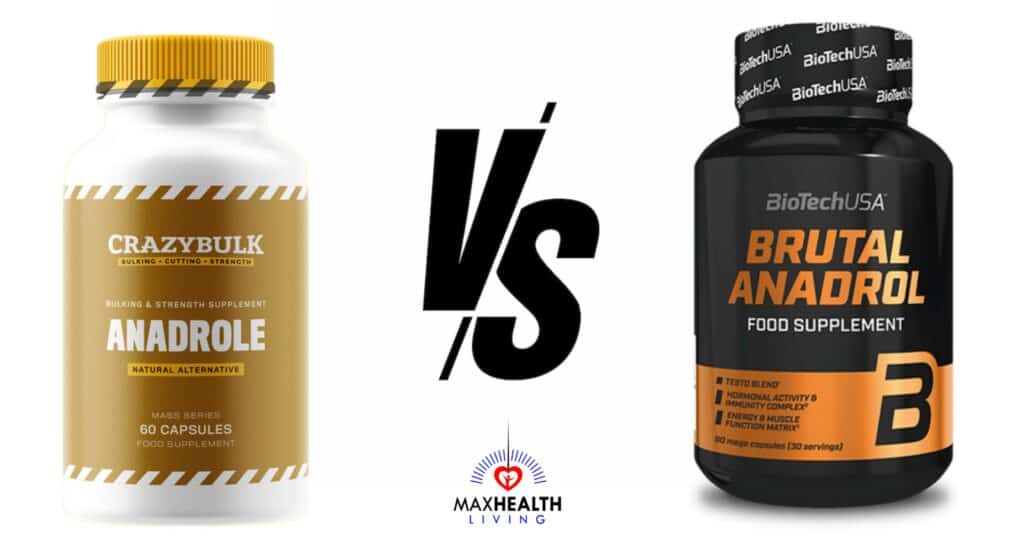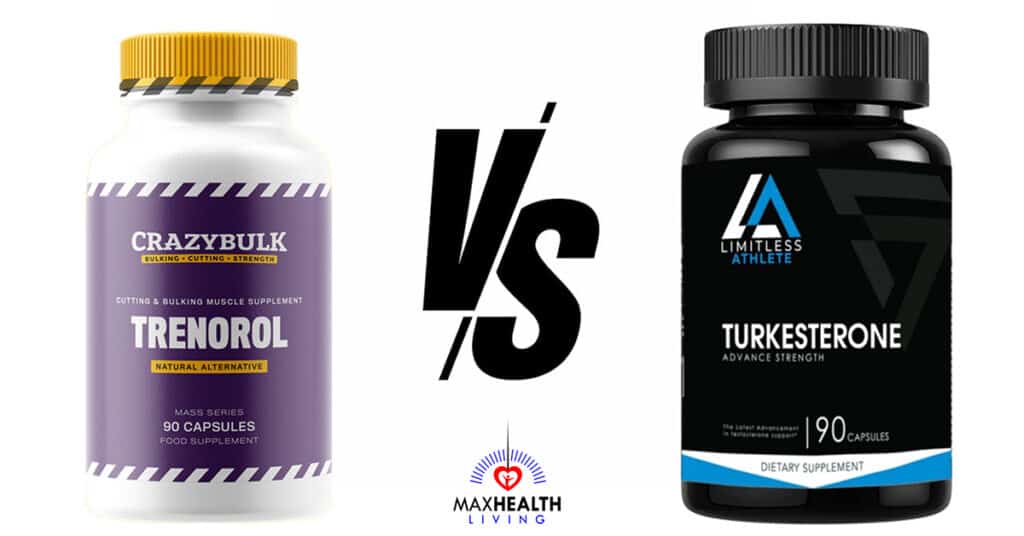FEATURED IN

Welcome To Max Health Living
Max Health Living was founded in 2019 by a team of passionate experts in fitness, health, and supplements who are dedicated to helping you achieve optimal well-being.
Our mission is to provide well-researched content on diverse categories of bodybuilding, health, and supplements to guide you toward your fitness and healthy lifestyle objectives.
We use peer-reviewed research, credible studies, and personal knowledge to be the premier source of material designed to increase human performance.
Our goal is to simplify complex health and fitness information to help you transform your body and improve your relationship with wellness.
monthly visitors
people reached
minutes spent on site
spent on research
Categories
Recent Posts
Popular Posts on Appetite Suppressants
PhenQ vs Phentermine: What’s Best For Weight Loss?
Have you been struggling to achieve your desired weight loss results even after stepping on your…
Popular Posts on Pre-workouts
Popular Posts on PEDs
Anavar and Winstrol Cycle Stack: (optimal dosage & results)
Are you looking for a safe and effective Anavar and Winstrol cycle? If so, you’re in the right place. In this article, we’ll discuss the benefits of using these two steroids together and provide a sample cycle. We’ll also discuss the cycle dosage,…





